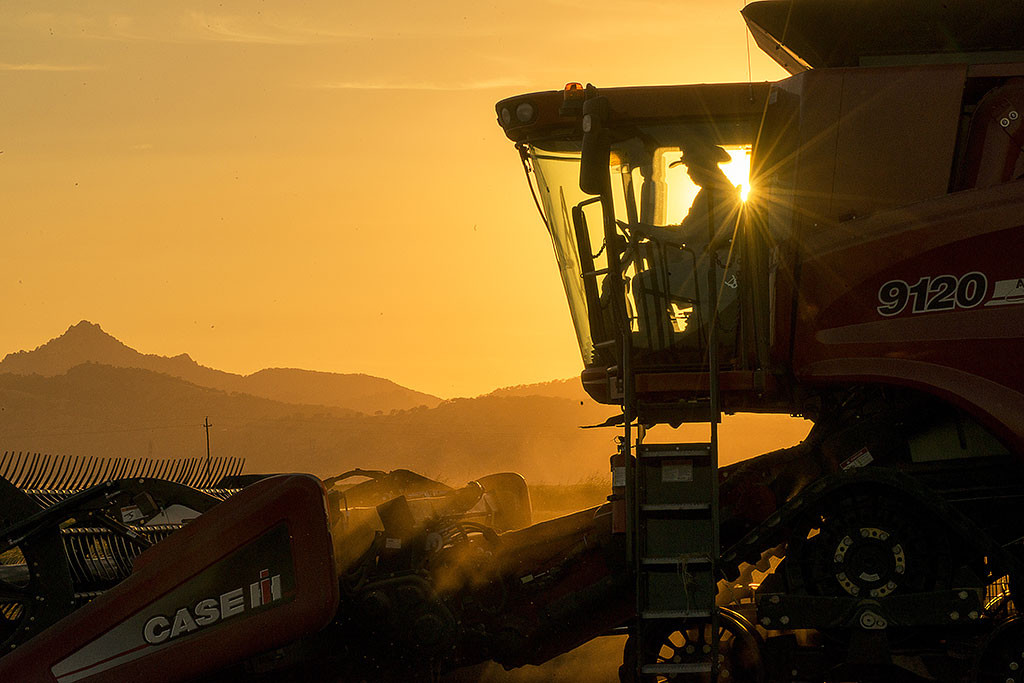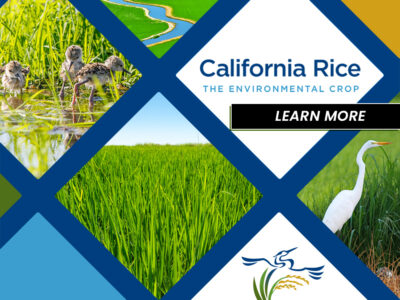All rice acres in California are required to be planted with seed that has been certified by California Crop Improvement or has gone through their Quality Assurance Program (QAP). Farm saved seed may not be used for production. This regulation was pursued by the California rice industry as an important tool to combat the spread of weedy rice in the state.
In addition, handlers will be required to seek proof that the rice delivered to them was planted with certified or QAP seed. The Commission is working with CDMS and Agrian to include a field in their reporting data bases for growers to meet this requirement.
Growers have had two years to enroll seed fields with California Crop Improvement Association, while saved seed was only used for production on their farm. Sale of farm saved seed has been prohibited since 2017.
UC Cooperative Extension has advised that planting clean seed is the single most important factor in preventing the spread of weedy rice.




